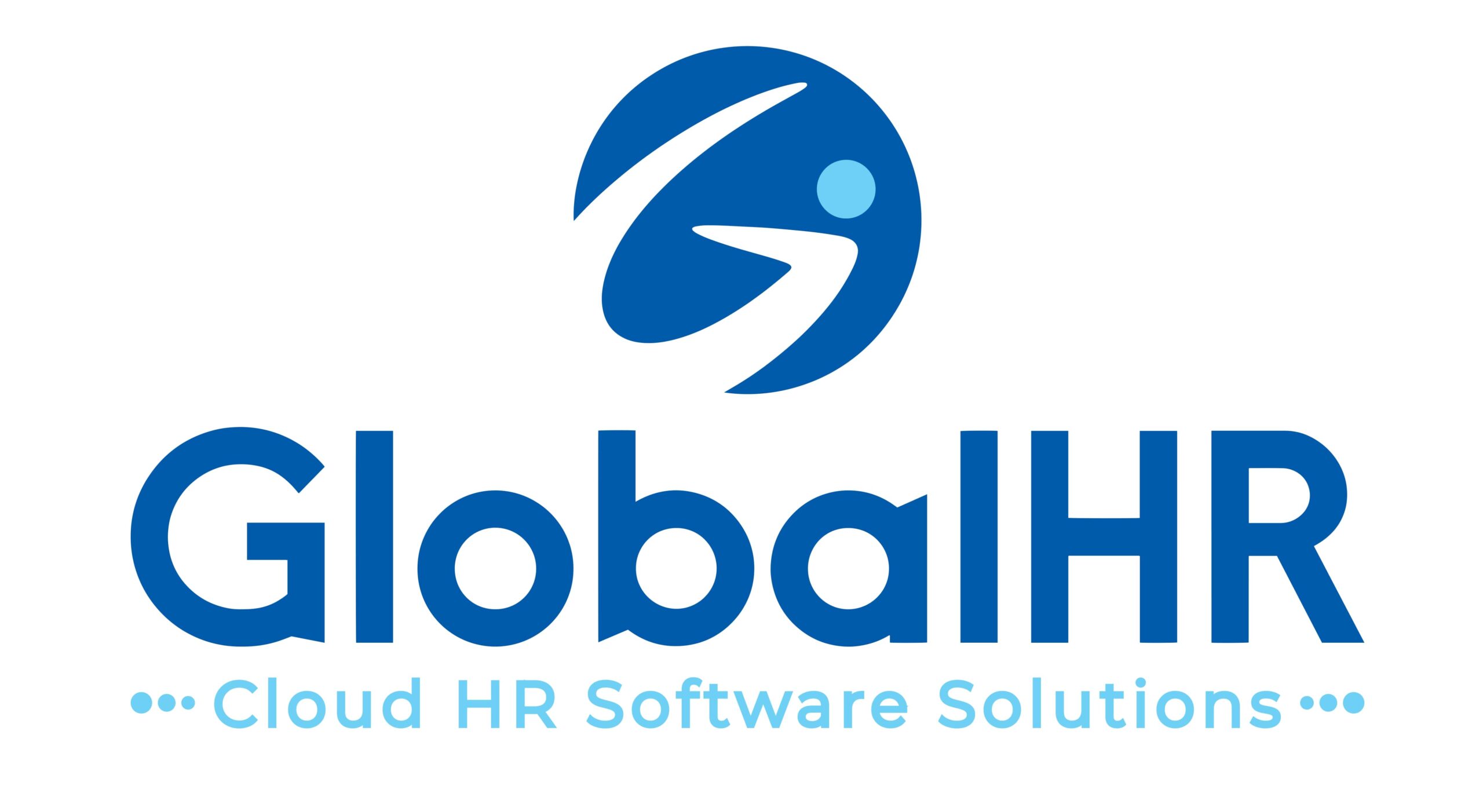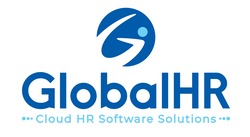Financial Analyst
Use these Financial Analyst interview questions to test an analyst’s strengths, skills, and ability to problem-solve.
Financial Analyst qualifications to look for
High-quality financial analysts have the trifecta of education, experience and professional credentials.
They likely have a degree in accounting or finance, and credentials like Chartered Financial Analyst (CFA). Experience is a plus, but not always required for junior roles — though it can be a good idea to look for those who’ve held internships if they are fresh out of college.
Cover all the basics in your interview, including:
- Their professional knowledge
- How they attain different objectives
- How they keep up with news and current industry changes.
It’s also a good idea to ask specifics about the tools and software you use in your company in order to assess if training is needed.
Keep an eye out for candidates who have:
- Orientation to detail
- Analytical ability
- Reliability
- Communication and presentation mastery
Top tip: Hire candidates willing to grow by making sure their personal career goals align with your company’s mission.
Problem-solving interview questions
- An investor asks about the company’s overall health. What are some important concepts or metrics you need to present?
- The company is cashflow positive. Does this mean the company is doing well? How would you explain this to management?
- What are the key elements to consider when making a decision about a loan?
- You need to create a report presenting financial data for Senior Management. What would you include in that report?
- How would you handle a mistake in a report you made, but your supervisor did not notice it?
- How would you explain the concept of solvency/IRR/ROE to someone with no financial background?
Role-specific interview questions
- How have your credentials helped you as a professional?
- Explain NPV and how you use it.
- How do the four financial statements connect with each other?
- Walk me through what a cash flow statement is.
- How does the income statement change when debts owed to our company increase?
- What are a few important ratios that can help you evaluate a company?
- What information/model do you use to produce an annual forecasting report?
- Are you familiar with [financial analysis software company uses]? If so, what are your favorite features?
- How would WACC and IRR help you select a method for a project?
- What do you consider/calculate when reaching a decision on an investment?
- What important developments do you see in the economy of our industry?
- Which stocks do you watch and why?
Behavioral interview questions
- When you’ve handled large amounts of data, how did you ensure accuracy?
- Have you ever found a mistake among a large set of data? If so, how did you handle it? If not, what would you do in this situation?
- Have you ever disagreed with your manager? If so, how did you resolve the issue? What would you do differently next time?
- What difficulty have you overcome in your profession? How did you grow from it?
- What project are you most proud of and why?
- Do you keep up on current events? How do they help you produce better results in your profession?
- How do you handle your workload when you fall behind on a deadline?
- Describe a time when you helped senior management make a better decision.
- When have you not seen the results you wanted? How would you avoid that happening again?



